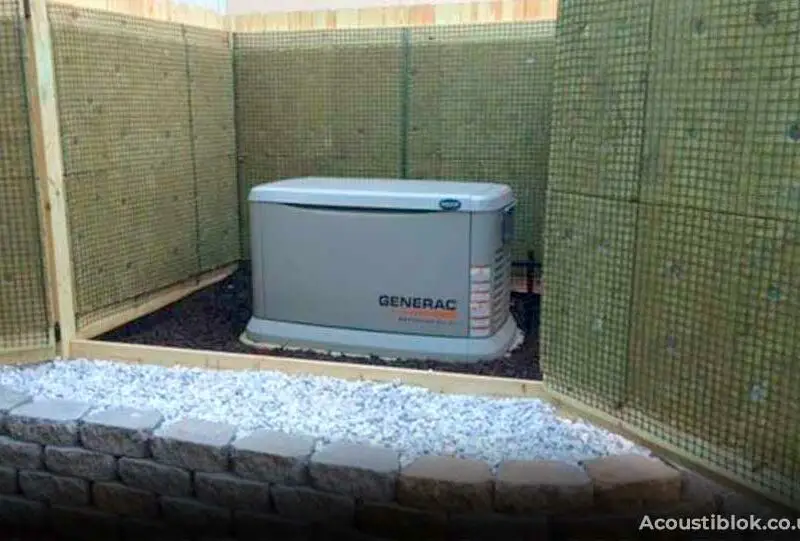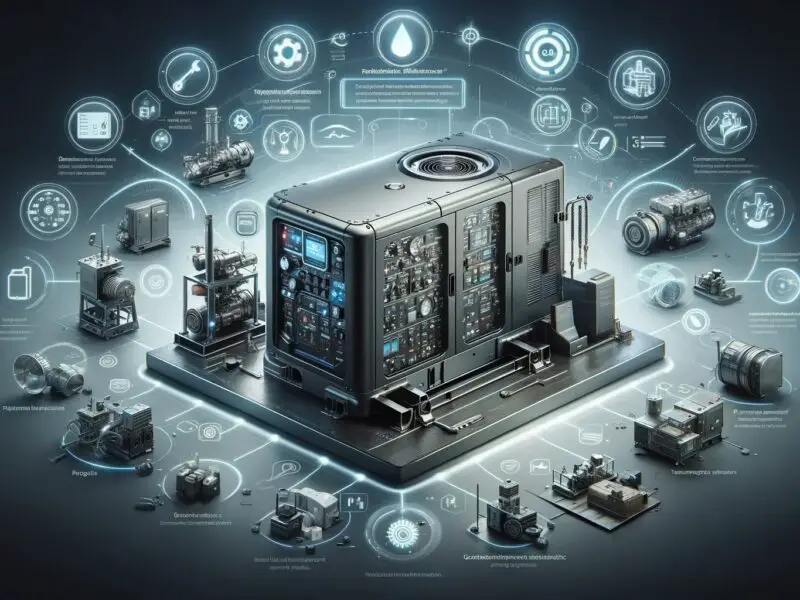Introduction
In the face of a crisis, whether it’s a natural disaster or a power outage, how prepared are you? Do you have a plan in place to ensure your business continues to operate smoothly? One of the most effective solutions is the use of generators. But how can they be used effectively in emergency situations? This comprehensive guide will delve into this topic, providing you with the knowledge and strategies you need to harness the power of generators in times of crisis.
The Power of Preparedness
Imagine this scenario: a severe storm hits your area, causing a widespread power outage. Your business, like many others, is left in the dark. But what if you had a generator on standby? You could continue operations, minimize losses, and maintain a competitive edge. This is the power of preparedness. But how can you ensure that you’re making the most of your generator? Let’s explore some strategies.
Understanding Generators: A Key to Effective Use
Before we dive into the specifics, it’s crucial to understand what generators are and how they work. Generators convert mechanical energy into electrical energy, providing power when the main power grid fails. They come in various types and sizes, each suited to different needs and situations.
For a comprehensive understanding, check out our article on how power generators work. This guide will provide you with a detailed explanation of the mechanics behind generators, the different types available, and the various applications they can be used for. It also covers the history of generators, their evolution over time, and the technological advancements that have made them more efficient and reliable.
Choosing the Right Generator: Size Matters
One of the first steps in effective generator use is choosing the right one. The size of the generator you need depends on the power requirements of your business. Too small, and it won’t meet your needs; too large, and you’re wasting resources.
So, how do you calculate what size generator you need? Our guide on how to calculate what size generator you need can help you make an informed decision. This guide will walk you through the process of determining your power needs, understanding generator ratings, and choosing a generator that fits your requirements. It also provides real-world examples and calculations, making it easier for you to apply this knowledge to your own situation.
Fuel Type: A Critical Consideration
The type of fuel your generator uses is another critical consideration. Each fuel type has its pros and cons, and the best choice depends on your specific circumstances. For example, diesel generators are known for their efficiency and longevity, but they can be noisy and require regular maintenance. On the other hand, natural gas generators are quieter and require less maintenance, but they can be more expensive to run.
For a detailed comparison, refer to our guides on diesel generators and natural gas generators. These guides will provide you with an in-depth look at the advantages and disadvantages of each fuel type, helping you make an informed decision based on your specific needs and circumstances. They also cover other fuel types, such as propane and gasoline, and discuss the environmental impact of each fuel type.
Generator Safety: A Non-Negotiable
While generators can be lifesavers during power outages, they can also pose safety risks if not used correctly. Carbon monoxide poisoning, electric shock, and fire are just a few potential hazards. Therefore, understanding and following safety precautions is non-negotiable.
Our guide to portable generators operation, features, and safety precautions provides essential safety tips. This guide covers everything from proper installation and operation to maintenance and storage, ensuring you can use your generator safely and effectively. It also discusses the legal and regulatory aspects of generator use, such as permits and noise regulations, helping you avoid potential fines and legal issues.
Generator Maintenance: Ensuring Reliability
Regular maintenance is key to ensuring your generator’s reliability when you need it most. This includes tasks like checking and changing the oil, testing the generator regularly, and having it serviced by a professional.
For more information on this topic, check out our article on what kind of oil does a generator use. This guide will provide you with detailed information on the importance of using the right oil for your generator, how often to change it, and how to do it correctly. It also covers other aspects of generator maintenance, such as cleaning, inspecting for damage, and storing your generator properly.
The Bottom Line
In conclusion, generators can be a powerful tool in emergency preparedness, ensuring your business can continue to operate during power outages. However, their effectiveness hinges on understanding how they work, choosing the right one, using them safely, and maintaining them properly.
Are you ready to take the next step in your emergency preparedness plan? Explore our best portable generators reviews and buying guide to find the perfect generator for your needs. Remember, the time to prepare is now, not when disaster strikes. Are you ready to harness the power of generators?




